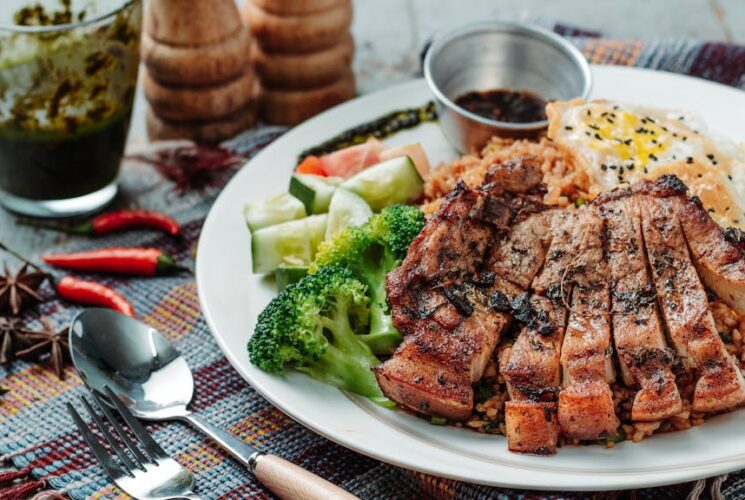
Eosinophilic Esophagitis (EoE) is a chronic condition where the immune system causes inflammation in the esophagus. Managing this condition often involves avoiding certain foods that can trigger symptoms. Additionally, biologic treatments are becoming an essential part of managing EoE. Here’s a guide to the foods you should avoid and how biologic treatments can help.
People with EoE often have food triggers that cause an immune response, leading to inflammation in the esophagus. Common culprits include dairy, wheat, soy, eggs, and nuts. These foods are known allergens for many individuals with EoE, and even small amounts can cause discomfort.
Dairy, especially milk and cheese, is one of the most common triggers for people with EoE. The proteins found in dairy products can irritate the esophagus, leading to inflammation. Avoiding milk, cheese, yogurt, and other dairy-based products can significantly reduce symptoms.
Wheat and foods that contain gluten, like bread, pasta, and baked goods, can also worsen EoE symptoms. Many people with this condition find relief by eliminating these foods from their diet. Gluten-free alternatives are widely available and can help prevent flare-ups.
Soy is another common trigger for individuals with EoE. Foods like tofu, soy milk, soy sauce, and processed foods containing soy protein can irritate the esophagus. It’s important to read food labels carefully, as soy can appear in unexpected places.
Nuts and seeds, such as almonds, peanuts, and sunflower seeds, are known to cause issues for people with EoE. These foods can get stuck in the esophagus, causing irritation and inflammation. They should be avoided to minimize symptoms and flare-ups.
Biologic treatments are a promising option for people with EoE who don’t respond to diet changes or medications. Biologics work by targeting specific parts of the immune system responsible for the inflammation in the esophagus. These treatments are administered through injections and can help reduce the number of eosinophils (immune cells) in the esophagus, ultimately reducing inflammation.
Biologics, like dupilumab, are designed to block the allergic response that leads to EoE. They can improve symptoms such as difficulty swallowing and reduce the frequency of flare-ups. Biologic treatments are especially useful for people who struggle to manage EoE with diet alone.
Managing EoE requires a team effort. In addition to avoiding trigger foods, working with a healthcare provider is essential. A doctor can guide you in making dietary changes, recommend biologic treatments, and monitor your progress.
By avoiding certain foods and using biologic treatments, individuals with EoE can better control their symptoms and improve their quality of life. Early diagnosis and treatment are key to managing this condition effectively.
© InsiderScoop